It goes without saying that teachers can be some of the most formative figures in students' lives. In the same vein, students can really have an impact on their teachers' lives.
Because of this, we asked teachers of the BuzzFeed Community to share an eye-opening experience they had with one of their students that compelled them to change how they run their classes:
1. "Many years ago, I was a new teacher, and my vice-principal spent a lot of time in my classroom. I had this one really squirrely kid who just couldn't sit down for long. The VP moved his desk to face the back wall so he couldn't distract anyone. It made me sick to my stomach seeing this poor kid being stuck like that, but I didn't know how to stand up to my boss. Finally, I got up the courage to tell the VP that I was not comfortable treating any kid this way. My boss wasn't very happy with me, but I didn't care anymore. Ever since then, I make sure to let kids know that if they need a break that they can take a lap around the school. I've never had a kid take advantage of that policy, and it makes such a difference."

2. "High school English teacher here. When I was a student, my teachers would often do 'popcorn' reading, where students would read aloud and then throw the reading to their peers by saying, 'Popcorn so-and-so.' It was generally a fun way to keep students engaged. While student-teaching, I decided to have students popcorn read a passage from a novel. A student popcorned his classmate, who clearly looked very embarrassed and hesitated before reading aloud. Within the first few seconds, I could tell that this student must struggle with a form of dyslexia — he stumbled over many words and seemed to guess what word he was reading by the first two or three letters. After realizing how humiliating this could be for students who struggle with reading challenges, I now read passages aloud myself and then ask students if they would like to read aloud (which they can decline)."
"I also gave that particular student the role of stopping and starting any audiobook I played." —rebeccab457333985
3. "The day one of my seventh-graders broke down because they couldn’t get their homework done changed everything for me. Their mom and dad worked three jobs apiece, there were four other kids in the house, and this kid took care of all of them while the parents were working. It’s been six years, and I haven’t given homework since then."
"It broke my heart. The homework is not worth it." —jacibailey
4. "It was a grade one to two class. I asked the class my first ever question, and a student gave me a totally wrong answer. I said, 'No, that’s wrong.' Watching eagerness turn to disappointment was enough to never say an answer is just wrong again. I felt physically sick. Usually, I now say something like, 'It’s going in the right direction but not there yet,' 'I can see how you might think that,' or, 'I like that you are looking for a connection to what you already know.'"

5. "I remember one student solving a long division problem a different way than taught in class, and getting marked wrong even though he got the correct answer. I also remember having this exact same scene play out in my childhood, as my parents are first-generation Americans. I decided that instead of marking the work incorrectly, I would have these kids teach me and the rest of the class their methods, and students could use whichever was better for them."
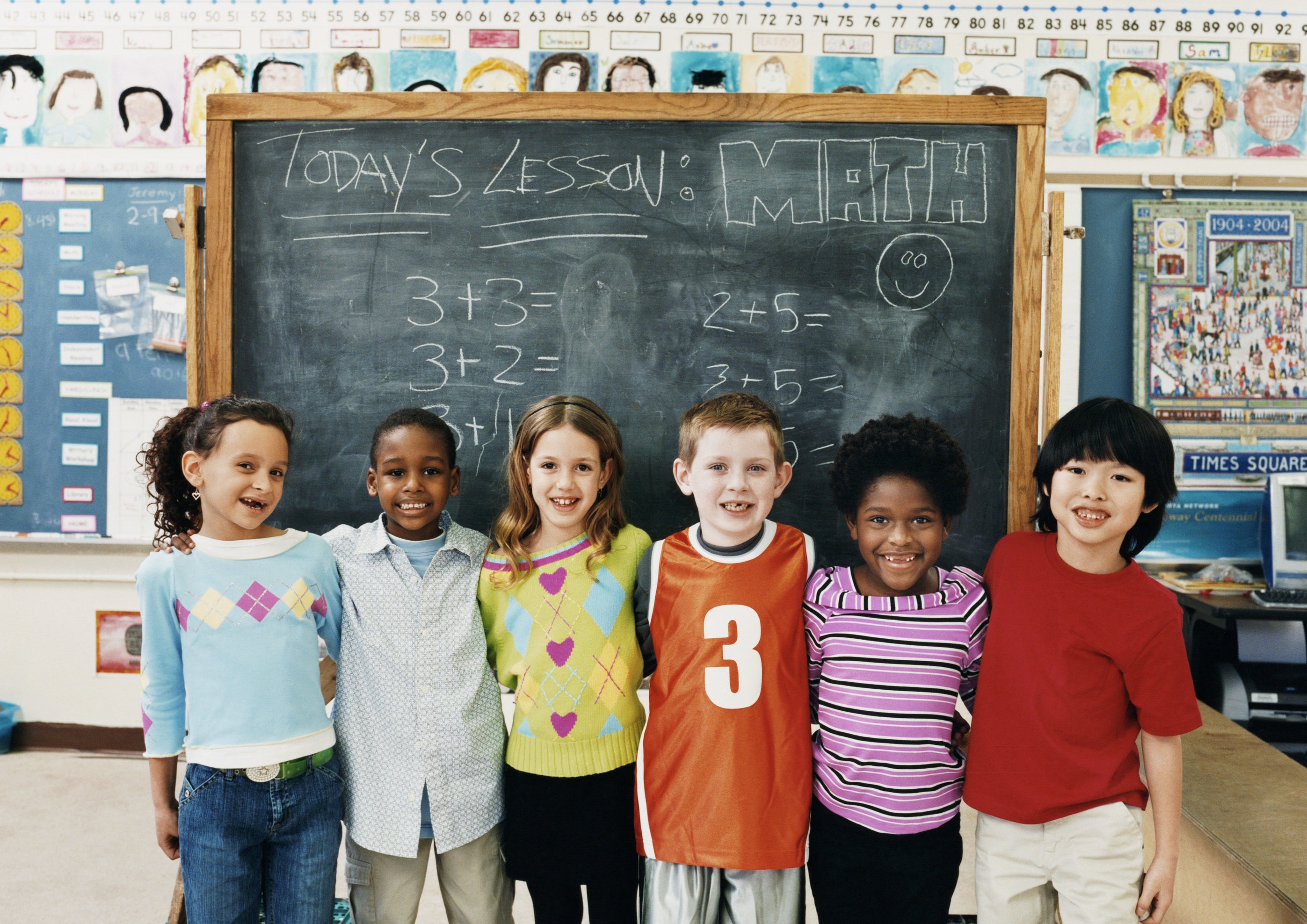
6. "I have always tried to have an inclusive classroom when it comes to the holiday season — teaching about how others celebrate that time of year. You want to be excited and get the kids excited as well. However, until I worked in a low-income area, I never truly understood what a privilege celebrating the holiday season is. My fellow grade-level teachers and I planned a $5 gift exchange with the kids. Only a third of my class brought anything, leaving the others left out. I quickly put together gifts for them to play with, but I will never do that again. Ever. No child should be made to feel less than others."
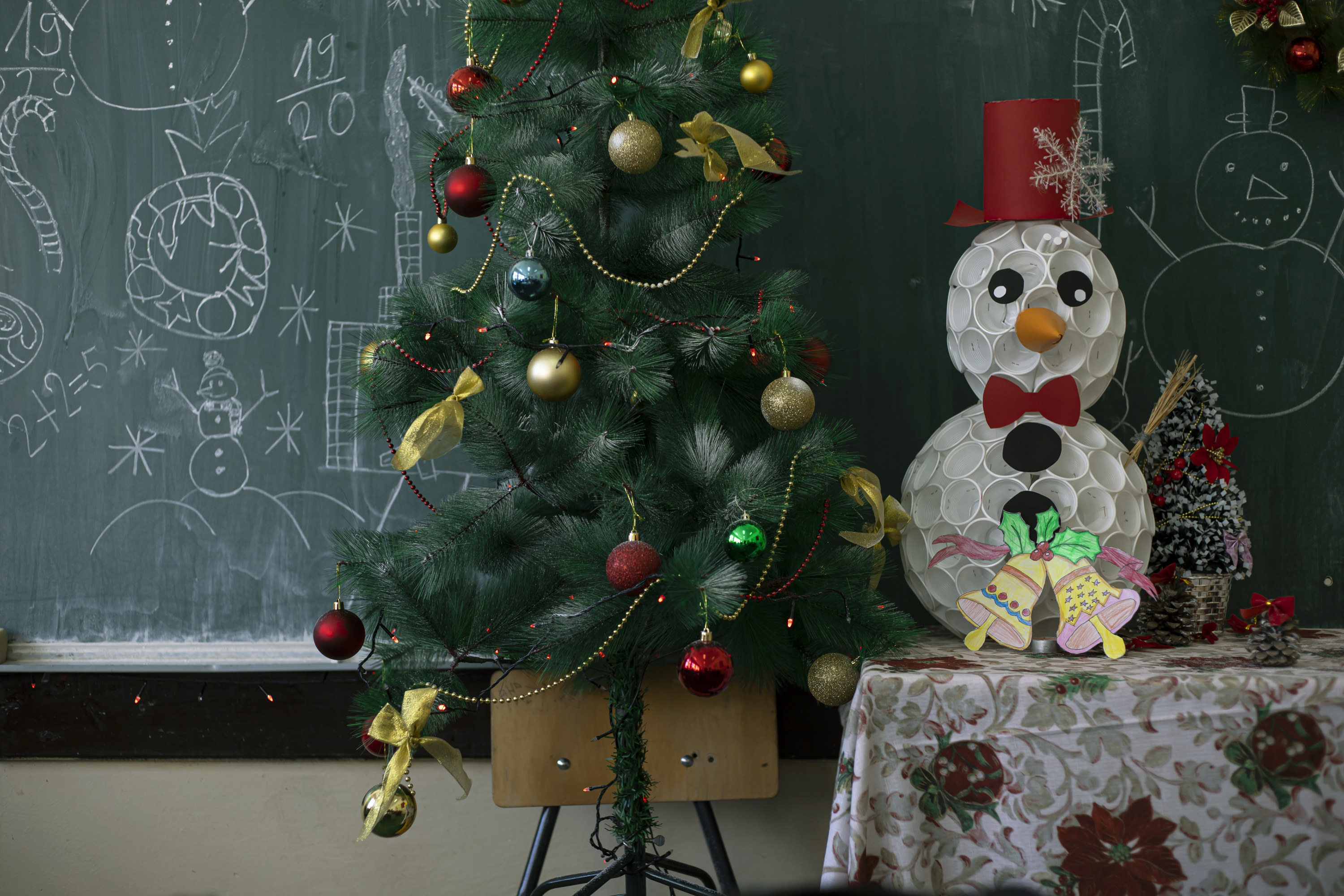
7. "It was my first year teaching at a Philadelphia public school. Our school had a uniform policy that banned hooded sweatshirts. I had one student who came into class for first period every day with a hoodie and consistently refused to take it off. Being a first-year teacher, I was told to not seem weak and be consistent in enforcing rules. Each day he came in with the sweatshirt, I’d ask him to remove it. He wouldn’t, and I'd call a dean to have him removed from class. It was a toxic loop that went on for a few weeks. Finally, a veteran teacher came to talk to me. She told me she knew that this particular student was experiencing intermittent houselessness and was currently at a spot that did not have heat. 'This baby is cold, not defiant.'"
"It smacked me like a Mack Truck. From that moment on, I realized how important it is to build relationships with students so that you know what’s going on in their home life. It’s the only way to be an effective teacher." —Anonymous, Pennsylvania
8. "I am a primary teacher and have a student who was in a car accident with her mother. Her mother unfortunately passed away. I am now fully aware of the many different kinds of families out there and am trying to steer clear from 'mother,' 'father,' or 'parents' language. I also am not going to celebrate Mother’s Day and Father’s Day like we usually do."

9. "I teach high school English. I had a student one year with a pretty severe anxiety disorder. Their parents told me it was so bad that they might not even ask to go to the bathroom if they needed it. To make sure they felt comfortable, at the start of the year, I told all students that they were old enough to go to the bathroom without having to ask permission. I also added that if they just needed a break or to stretch their legs, they were free to leave the classroom as well."

10. "College English prof here. One of the first assignments my students write is a narrative on an identity marker of their choice. This often prompts students to write about deeply personal experiences. In my first semester, I had a student who refused. I asked him to stay after class to ask why, and he told me that I wasn't respecting his privacy and he didn't just open up to anyone. I was genuinely surprised and apologized. The next class, I asked him to stay again and told him about some of the hardest things I've been through — my brother's 10-year heroin addiction, struggling financially while working four jobs in college, and being diagnosed with schizophrenia without access to medication. He immediately wrote a moving, truly beautiful piece about his struggle with homelessness, abuse, and putting himself through school as a first-generation college student. Since then, when I assign this paper, I openly discuss my struggles first."

11. "I'm an ESL teacher. Many students are nervous about making mistakes, so they'll either stay quiet or speak to staff in their native language to get a translation. I now tell my kids if they want to tell me something, they should use the English they know, and I can help with the rest. Since I've started doing this, their ability to form and remember sentences have improved. More importantly, they're more confident in trying to speak to me. For example, one student can say, 'Shopping mall, mom.' I'll help them eventually get to, 'I go shopping mall, mom,' and then, 'I went to the shopping mall with mom.'"
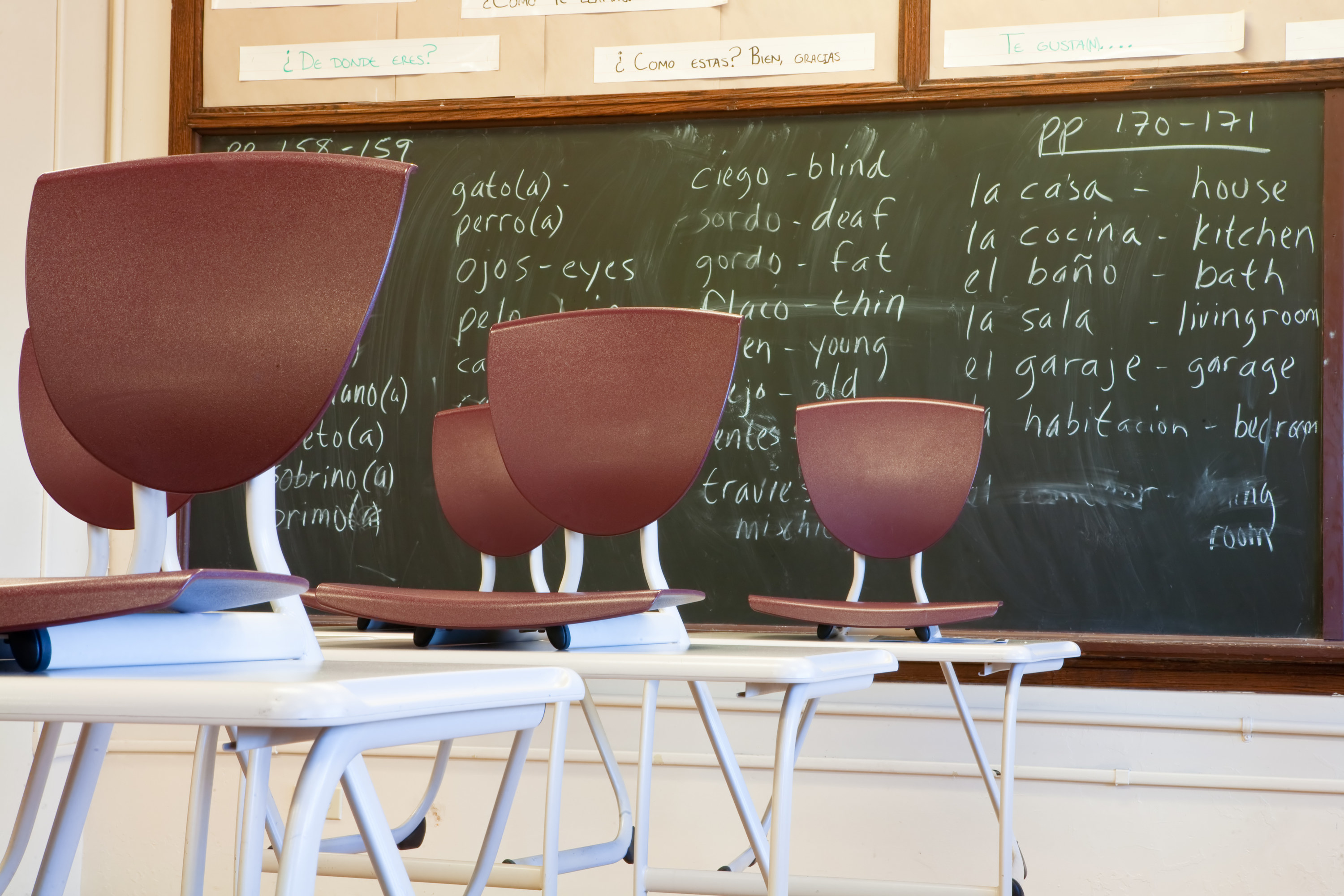
12. "When I was student teaching, my mentor teacher used a clip chart. (Students get their clip moved down the chart for 'bad behavior' and up for 'good behavior.') In my first year as a teacher, I used one, too, as that was what I was taught for classroom management in primary grades. One day, I had a student move their clip down, and they were devastated. A little boy in my class said: 'Don't cry, I always get clipped down. You get used to being the bad kid after a while.' My heart broke that something I did had caused a child to believe that he was a bad child. I took the clip chart down right then and there, and I told that little boy that he wasn't a bad person and that I was so sorry I had made him feel that way."

13. "When I work with my lowest reading-level first-graders, we read passages about four times. The first time through, I read it and ask them to underline any words they don't understand. The second time through, we read 'together.' I read every sentence, and they read every other sentence aloud with me. The third time through, I have them read silently on their own as best as they can and circle any words they still can't read on their own. (This is different from the first time because that checks listening skills, and this one checks reading skills.) For the fourth and final time, we'll do a sort of 'Round Robin' reading. Each student reads a sentence in the story, and I make sure they know which sentence beforehand."

14. "After learning of some students I had that were trans but too scared to go by anything but their dead names and old pronouns, I added a place for names and pronouns on a 'Getting to Know You' assignment that I give at the beginning of the year. Only I see it, and I privately ask if I can use their name and pronouns in class. It makes such a difference for some kids."
"It is so easy to do. I don’t care who the attendance sheet says you are. Who do YOU say you are?" —lisamariegc
15. "My first year teaching, in 1991, I fussed at a student for not completing his homework. At the end of the class, another student stayed back, shook her head at me, and said, 'His lights got cut off yesterday.' I'm still in education, and I have never fussed at another student about not completing homework."
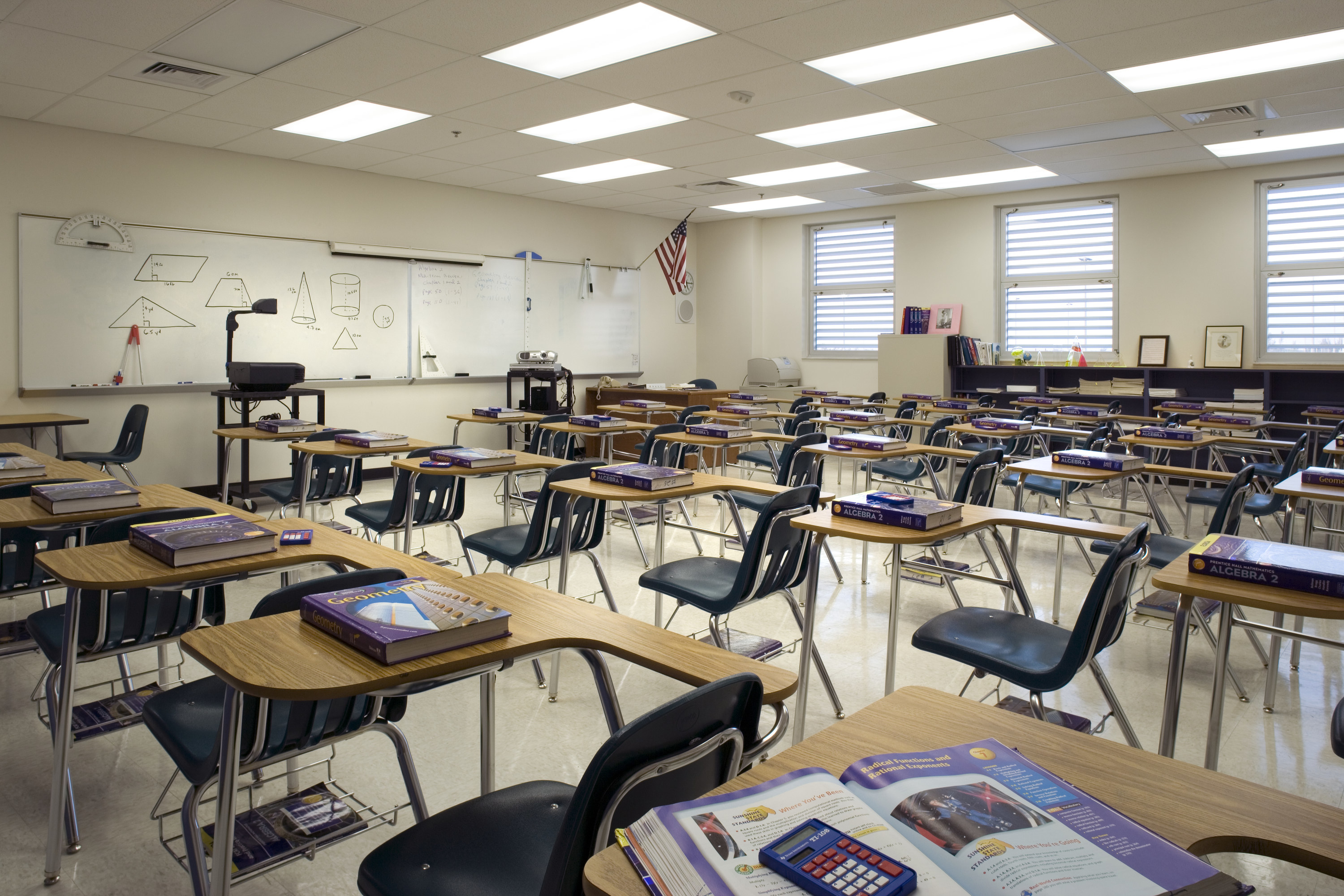
16. "I used to teach writing using a Standard American English rubric, so I expected my students to work toward mastering the formal language. One semester, I had a student whose writing was brilliant beyond his years, insightful and witty, but he couldn't seem to grasp the mechanics of formal writing. When I sat down with him one on one to discuss where he could improve, he pointed out the rules from AAVE (African American Vernacular English) he was using. It became really obvious that this kid was doing great; he just spoke another dialect of English at home. After that, I changed my curriculum so students would be graded on their mastery of English as a whole, not just the privileged standard version."
"It's incredible how much students can thrive when we don't get in their way!" —Anonymous, Michigan
17. "My first year teaching, I had two much older mentors who guided me toward nit-picky rules like not giving pencils or refusing late work. I thought that was how you did things until I realized that some kids truly don’t have someone at home giving them school supplies, checking homework, and a hundred other variables. Now, I give supplies out freely."
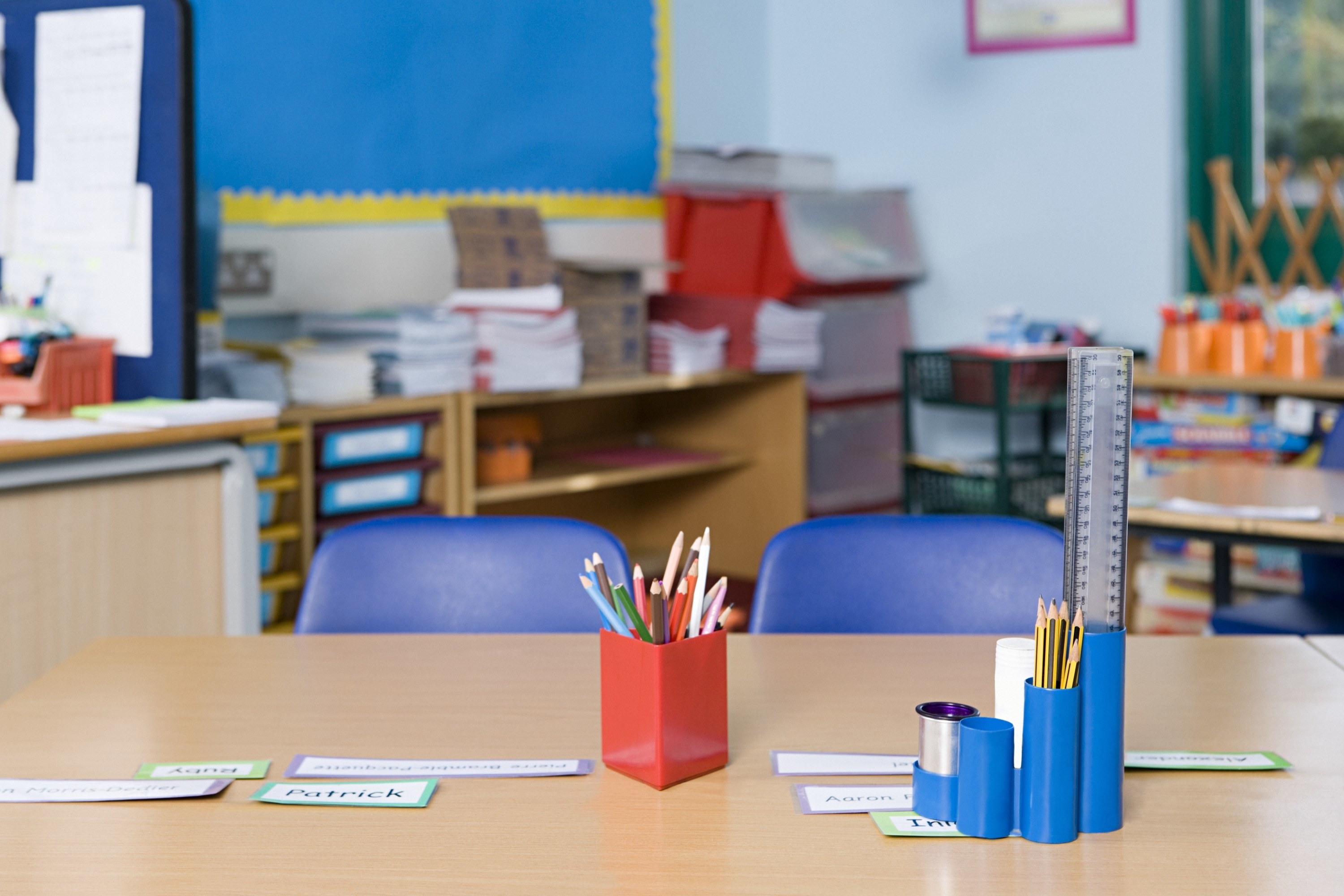
18. "I was a lunch lady at a primary school for a number of years when my daughter was younger. Once, I had a first-grader tell me, 'Hurry up, you stupid c*nt!' I came to find out that's how his dad would speak to his mom. He and I had a long talk. It started off angry, and then it turned into heartbreak. He never spoke to me like that again, but sadly, I know he still did to others. My awesome co-workers and I really got to know a lot of these children, so we would talk with them, help them with school work, brush their hair, and give them clothing, school supplies, and Christmas gifts."
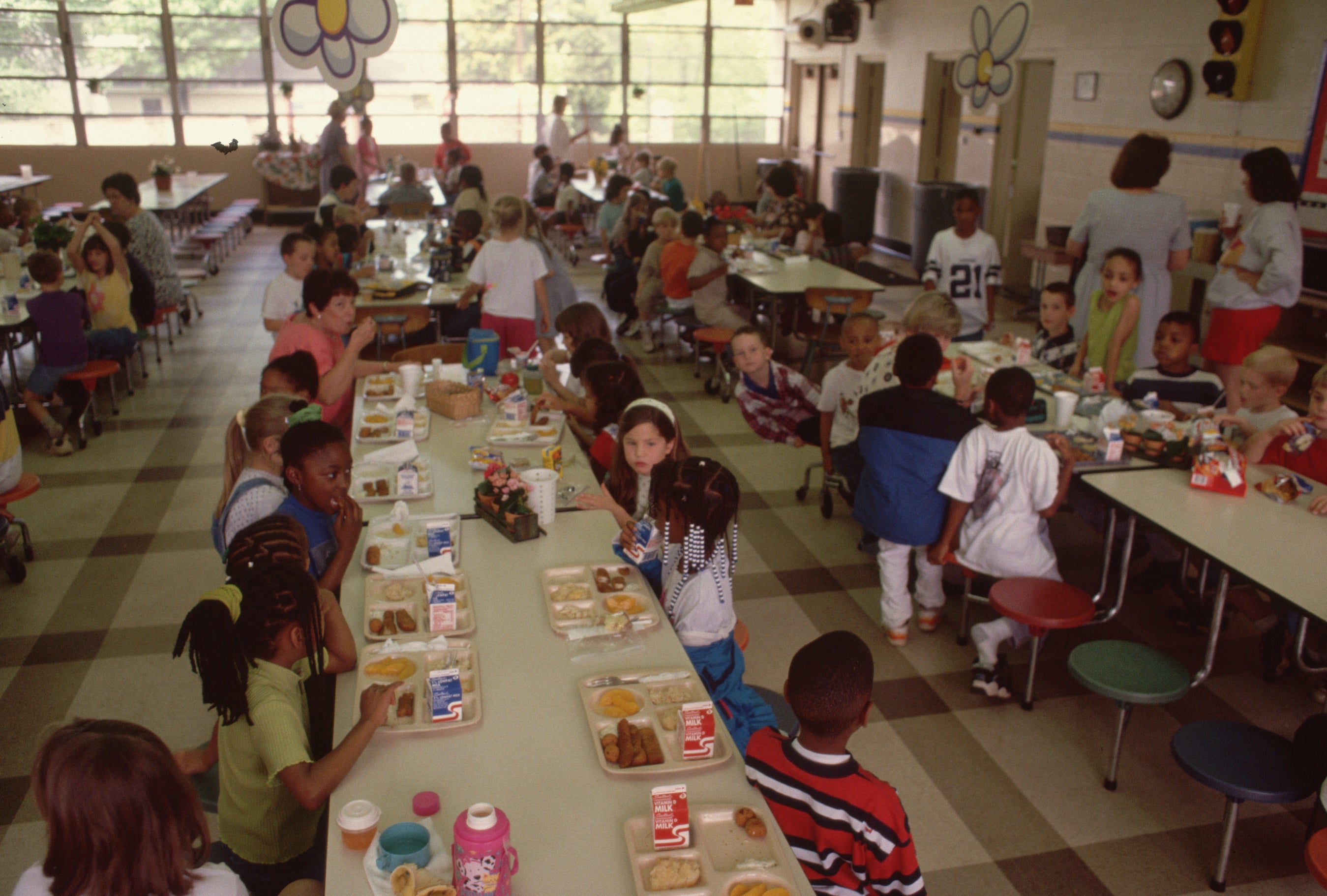
19. "A student was moving out of district and had forgotten to return a paperback novel (probably worth less than $10). My department head at the time was a real stickler for returning materials, so I told the kid he needed to have someone bring the book to school. The student’s father showed up obviously impaired — probably drunk. The poor kid was so embarrassed, and I felt horrible. Two things became clear to me: Kids are more important than materials."

20. "I teach eighth-grade math. This past year was a struggle for many students. However, I had one student who seemed to be struggling more so than others. When given an assignment, this student would turn it in blank every single time. Turns out, he had incredibly severe anxiety, and seeing all of the problems on the paper would cause him to shut down. He knew how to solve the problems but couldn’t show me how he got the answer. For the next quiz, I had the teacher assistant monitor the class while I took this student to a separate room and verbally gave him the problems one at a time. He was able to verbally walk me through each problem correctly. I'm now adding a question to my beginning of the year student survey, 'How do you prefer to demonstrate your math abilities? Via pen and paper assignments or verbal demonstration?'"

21. "Every day of my life teaching high school, I was the one who learned from my students. I'm never my best during first period and didn't do well with late students. One day, I got upset at a student who came late. In talking to her, I learned that every morning, she had to get all of her siblings up, dressed, and to school because her mother was not able to help. She taught me to be humble, ask questions, and, most of all, not assume that students (children) don't care or don't want to be at school. I apologized to her, in front of the class, and thanked her for reminding me that compassion, communication, and listening are the most important parts of teaching."
"It changed my view of the people I was responsible for. Do no harm. High school students learn in spite of us, not because of us. Anything that I can ask, do, or listen to, to help them is the job of a teacher.
Teachers have a profound influence on the lives of our students. A grumpy morning for me could turn into something unhealthy for the spirit and soul of these beautiful children in my charge." —Anonymous, California
22. "There was this fifth-grader we'll call Sean who was known for being musty, greasy, etc. He'd also started two or three lice outbreaks in our school. During a lice outbreak, the nurse periodically comes to our classroom and combs the hair of the kids who are confirmed to have lice (with a lice comb). This time, Sean had a meltdown because the nurse told him something like, 'If you had better hygiene, you wouldn't keep doing this to your peers.' It turned out that his mom had lost her job and his family was essentially homeless. After that, the nurse never did comb-throughs in the classroom again, and our school developed a policy where they couldn't specifically say which student started the outbreak."
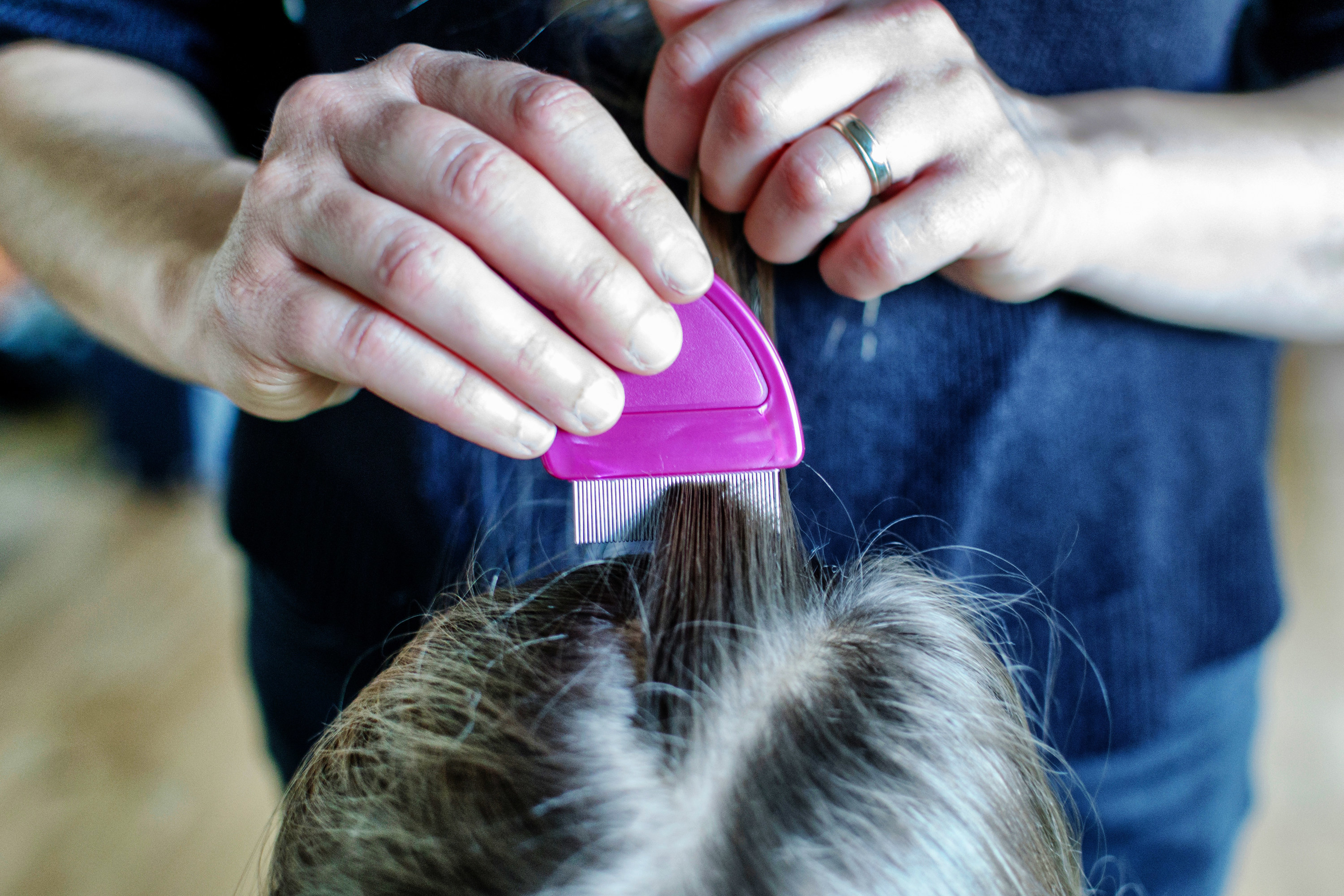
23. "During parent-teacher conferences, a parent once told me how thankful she was that I grade using colorful markers with smiles, rather than X's. She said her son hated the color red because his previous teacher would mark his papers with huge red X's. In my class, her son came home much happier to show off his colorful smiles."
—Anonymous, Maryland
24. "I became a teacher after I had two children of my own. I had to do a 20-hour practicum in a sixth-grade class, working on reading and comprehension with a particularly tough set of kids. I gave them an assignment that I was going to check on the next day. Out of seven kids, two of them had their assignments. Naturally, I took on my 'teacher face' and asked why they didn’t do their work. There were excuses like, 'I didn’t have paper at home,' 'I had too much work to do in the house,' and, 'I didn’t know how.' So I responded, 'Why didn’t you ask your parents for help? I’m sure they would have helped if you’d asked,' and, 'You can always take paper from another notebook.' Only one kid spoke up, and his answer will never leave my memory as long as I live. He said, 'You have to be one of those cookie-baking, PTA mothers who cook dinner every night and do laundry and shit like that, huh?'"
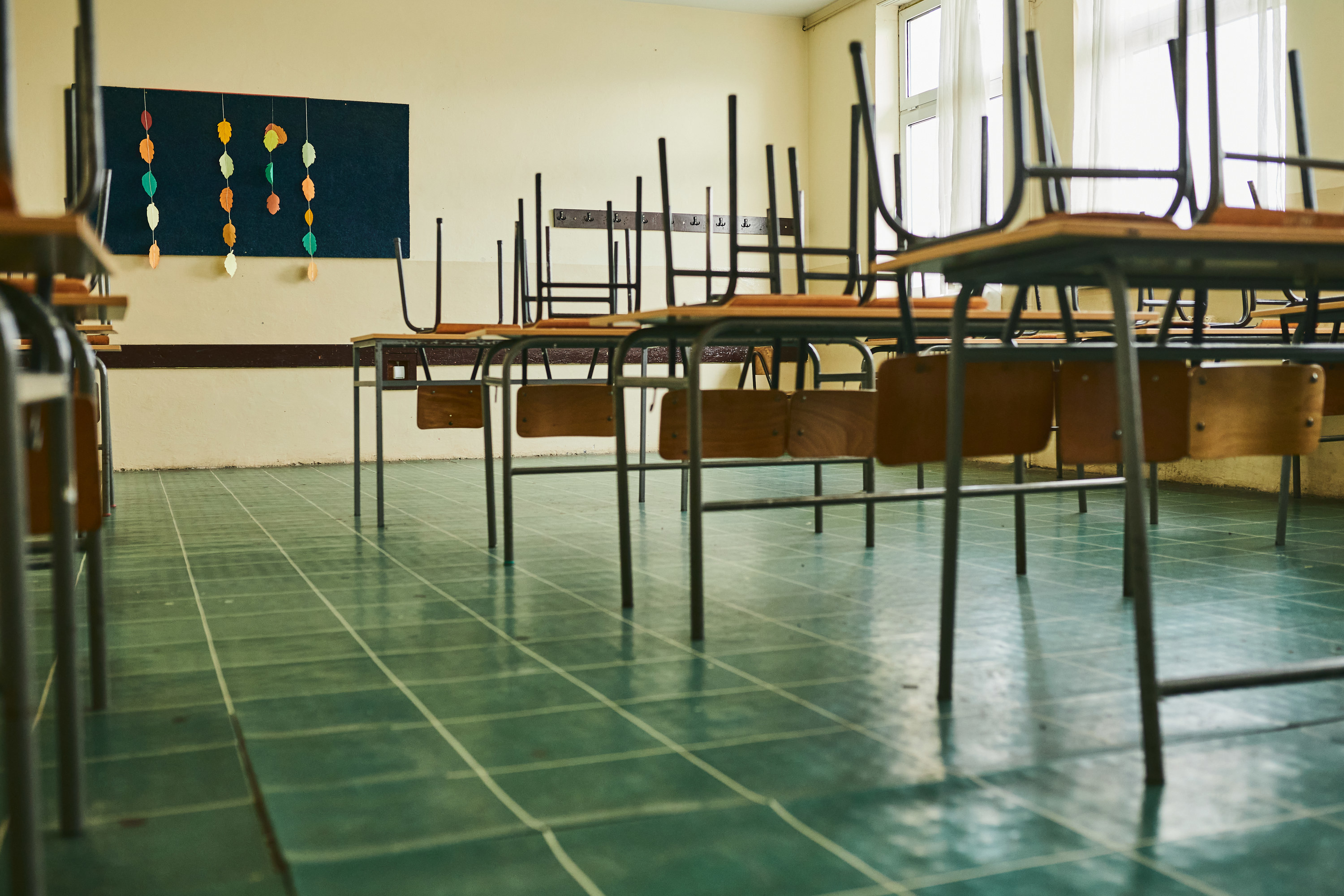
25. "It's been more than 20 years later, and I'll never forget a graduating student from about 15 years ago. He came by my class to say goodbye, and, after exchanging pleasantries (and a thank you for letting me eat lunch in your room every day), he told me about the relentless bullying gay students faced at our high school. I was gobsmacked; I truly had no idea. When I asked him why he didn't confide in me any of the many lunch periods he spent in my room, he said, 'Because it's just how it is here.'"
"That conversation so shook me to my core that it started my lifelong journey to be a visible and vocal ally both inside and outside of the classroom." —jmcv
26. "College prof here. I had a student who, at first glance, seemed like they were never paying attention (not participating, always on their phone, leaving class all the time, etc.). I confronted them about it and asked why they were acting like they didn’t want to be there. Their answer totally changed the way I view student behavior. They apologized and told me that they had anxiety about walking back to their dorm by themselves in the dark — it was a night class — so they’d get progressively more anxious and scared during class and couldn't concentrate. As a female who's felt the exact same way walking home in the dark, I totally understood. From then on, if we ever had one-on-one meetings or split the class in half, I always scheduled this student toward the beginning of class so that they could walk home in the light."

27. "I’m a special education teacher for students with severe disabilities. I’ve learned over the years that offering choice is HUGE (i.e., Do you want to do this now or in five minutes? Do you want to do it yourself, or do you want help? Do you want to sit in the blue chair or the red chair?). Offering a choice, even if it seems like the smallest thing, can be so empowering and teach important life and independent skills."
"Neurotypical children have the privilege of making countless choices a day, and we take that away from our disabled students." —Anonymous, Massachusetts
28. "We had a midyear, first-grade transfer who was eager to come to school, but her attendance was poor. One day, she came in late, ate all of her breakfast, and asked for more, which I provided. She refused to take her hood off, and it kept falling in her face. After the other students left, I asked why she left her hood on. She told me she was afraid the other kids would make fun of her. She pulled it down, and she had the most matted, dirty hair I'd ever seen. We spent the day detangling and combing what we could. I called a hairdresser friend, and, with permission from her grandparent, cleaned her up and had her hair cut the next morning. As I worked through her hair, she confided in me about the neglect and abuse she suffered. She was removed from the home the day after I reported it and placed in a foster home that loves her. In my six years, I've discovered that so many barriers to learning are outside the classroom. Any teacher can tell you: Maslow before Bloom."
"These things matter. In the beginning, we had spent two weeks searching for her. We found her, and she began to attend a little more frequently after reports were made. My heart broke for her when she showed me her hair. After she was placed in her foster home, she attended school happily, healthily, and her spirit shone despite her circumstances." —Amber, Facebook
29. "I remember telling a child to sit up numerous times in class, and then I realized that she didn't get sleep because her parents were homeless and always on the go. I learned that when a child is very sleepy in class, you should let that child sleep because you never know what's happening with them."
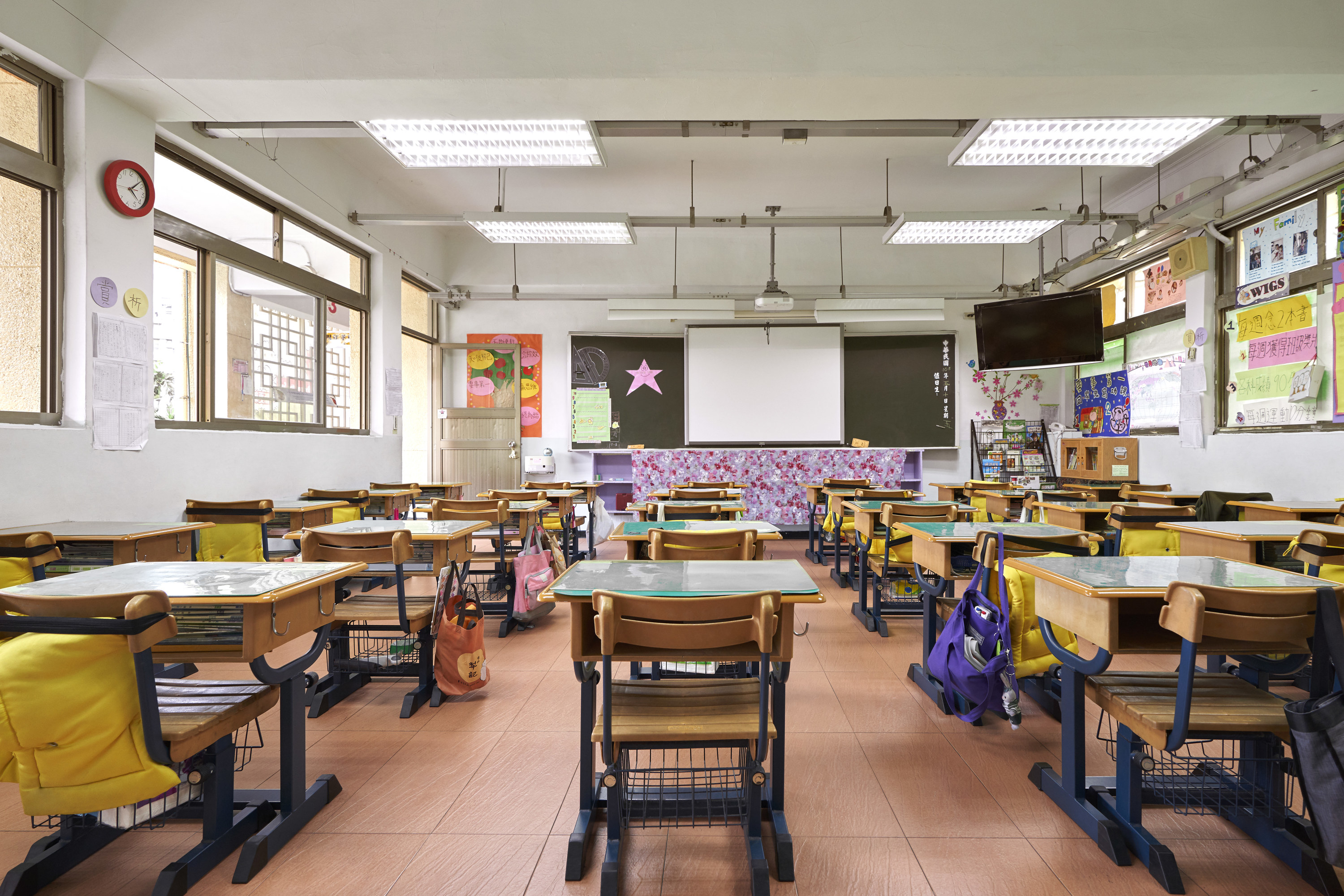
30. "I taught a student that was only able to go to school due to DACA support. His story and perseverance completely changed how I view the importance of education and recognize the adversity that many students go through to get their education."
—Anonymous, New Hampshire
31. "A little girl that I knew had a strong attachment to crayons. I politely asked her about it, and she told me that her parents could not afford them. To make a long story short, I've never asked for parents to provide certain supplies again. Now, I try to gather as much as I can throughout the summer."
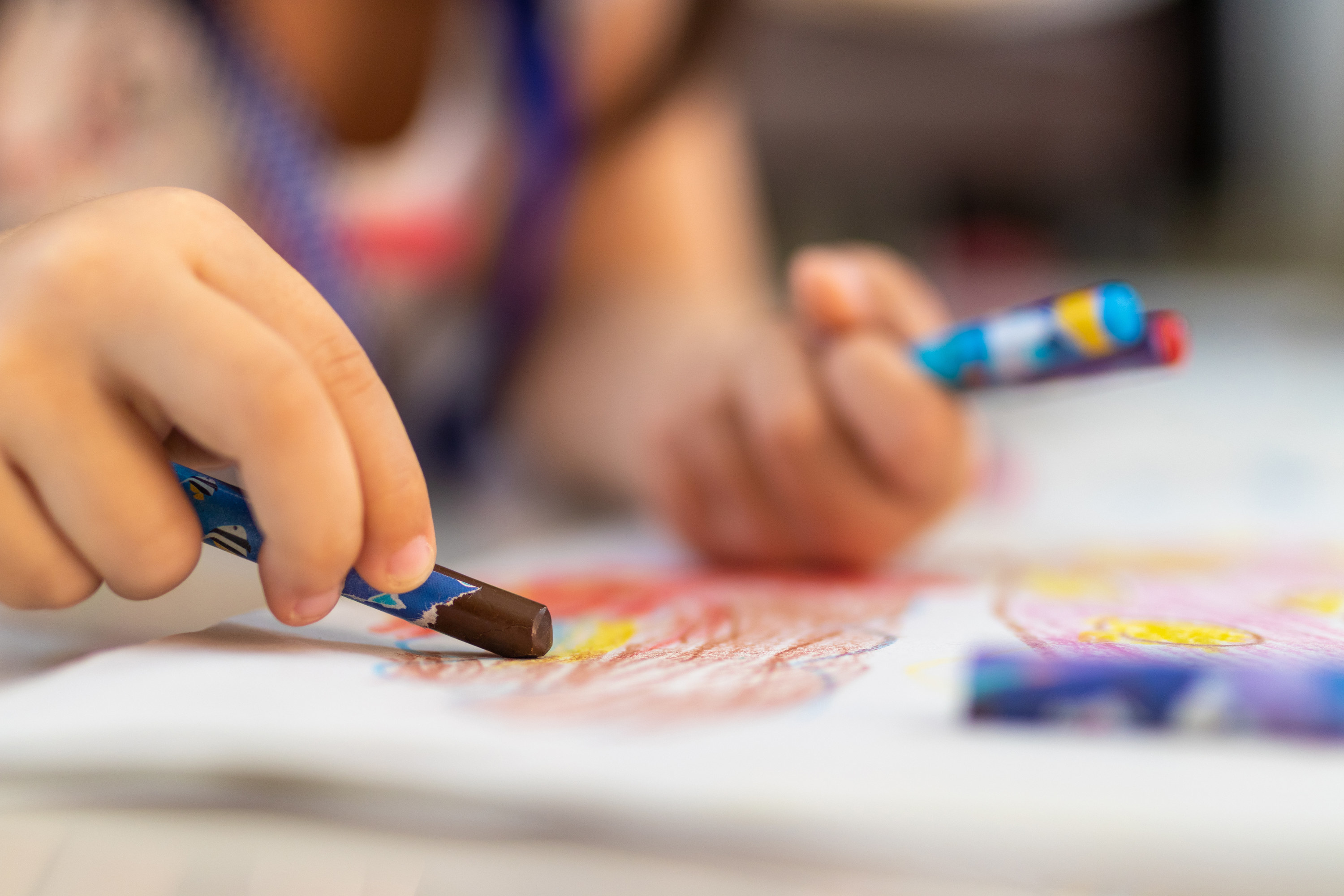
32. "I was teaching high school biology to freshmen when I realized that I was turning a bright, engaged student into a problem child. The student was being chatty, talking over me, and sitting in the wrong seat. I was getting a little irritated with him. One day, I was teaching about one of the human body systems, and I heard him talking out of turn. He was whispering to the student next to him about the topic we were studying. I realized then that he needed more time to talk in class, and he was happy to focus on the lesson if given the chance. After that, I incorporated more time for turn and talk: Students writing and then sharing what they wrote. No problem with him after that. My experience with him helps me take a closer look at what students in the class need and how to meet them where they're at."

33. "The need for preferential seating — my first time working in a primary special ed class opened my eyes to this. Many children couldn’t sit still in their chairs for a minute. I was losing my patience. One day, my student said her brain wouldn’t let her sit still no matter how much she tries to tell it to. A lightbulb went off in my head. I should’ve known this! I got floor cushions, exercise balls, etc. I even let kids lie down on rugs during writing and/or reading."
"Oh, and they could stand during lessons or do stretches to get their wiggles out. It helped the kids immensely." —okokimono
34. "My first year as a teacher, I constantly prompted my off-task third-grade student — actually tapping his paper. Then one day, I watched him work on a problem that no one had solved. He was diligent in his work — trying again and again — until he eventually found the answer. As a class, we celebrated. As a teacher, I learned to open my mind, and my eyes, to what learning can look like. I never tapped another paper."
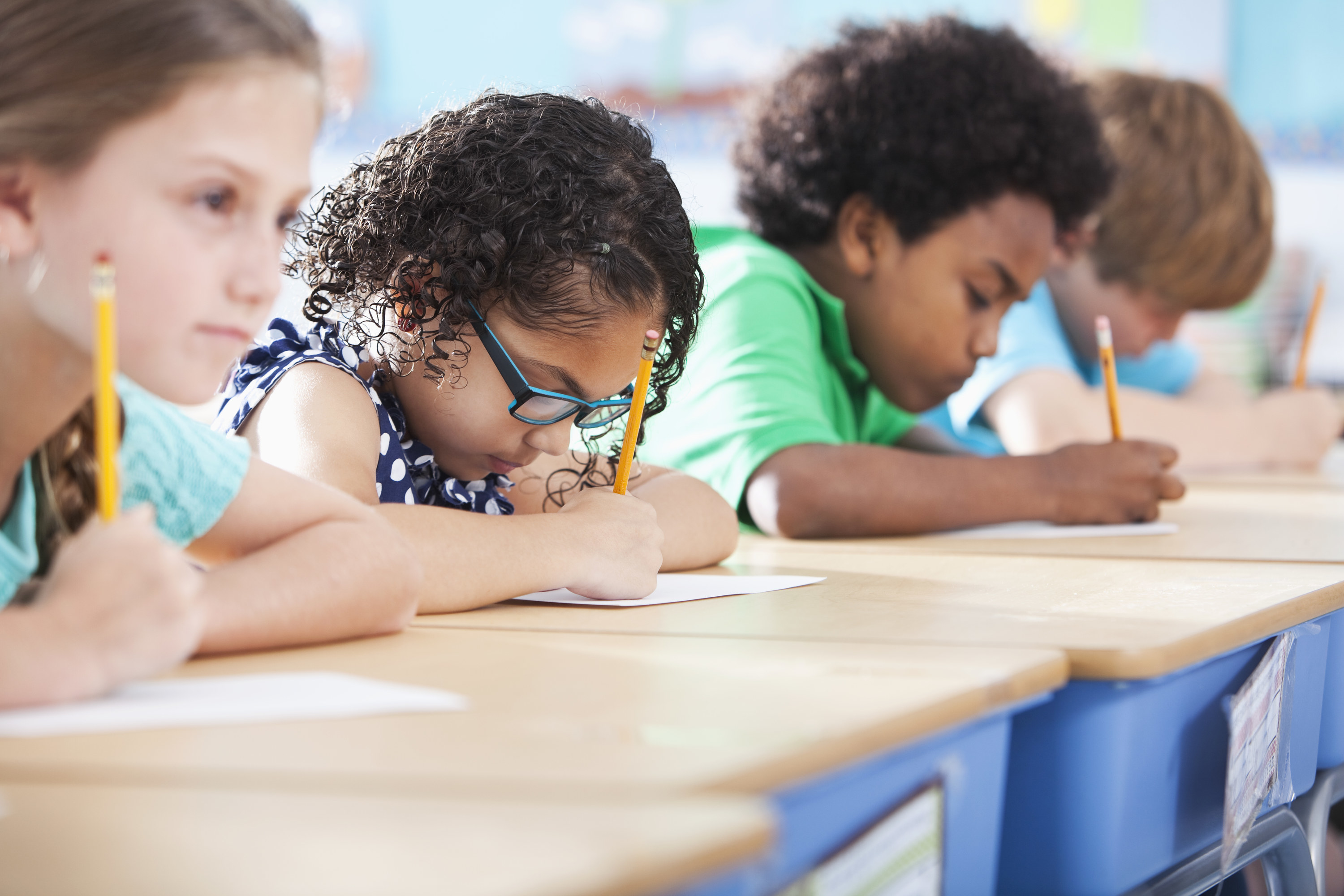
35. "I was thoughtlessly using the phrase 'parents' in my classroom. In my second year teaching, I had a transfer student who was a foster child. He was very withdrawn and not interested in connecting because he had been bounced around. The first time I said 'parents,' I saw him look away. I felt awful because I just hadn’t been thinking. From then on, I said 'your grown-up.' The very next time I sent something home, I said 'your grown-up,' and he smiled a little."
"He began opening up a little in class and even made a couple of friends. It was a little thing for me to do, and it really helped him feel a sense of sameness with his peers.
I always look at every bit of information about my students' background now so I can make them feel safe and included." —Anonymous, Utah
36. "Once, a student was given detention for wearing a sweater that wasn’t the proper school sweater. I found her crying in the classroom later that day — where she told me she couldn’t afford the school sweater. The next day, I kept a stock of school sweaters in the back of the room for anyone who couldn’t afford them."

37. "My first year teaching, I gave homework worksheets at the end of each class period. They were short and fairly straightforward, but I had one student who never did them. However, he paid attention in class and managed to do well on tests. I found out toward the end of the year that he had to work a job after school to help provide for his family so he had no time to do homework. After that year, I stopped grading homework completely."
"I still give it for students who need more practice, but it’s no longer graded because I won’t know their home lives." —Anonymous, Wisconsin
38. "I noticed that every time we did group work, one student would never get chosen until all the groups were full and some group had to take them. From that point on, I have never let students pick their groups or partners. I choose them all."
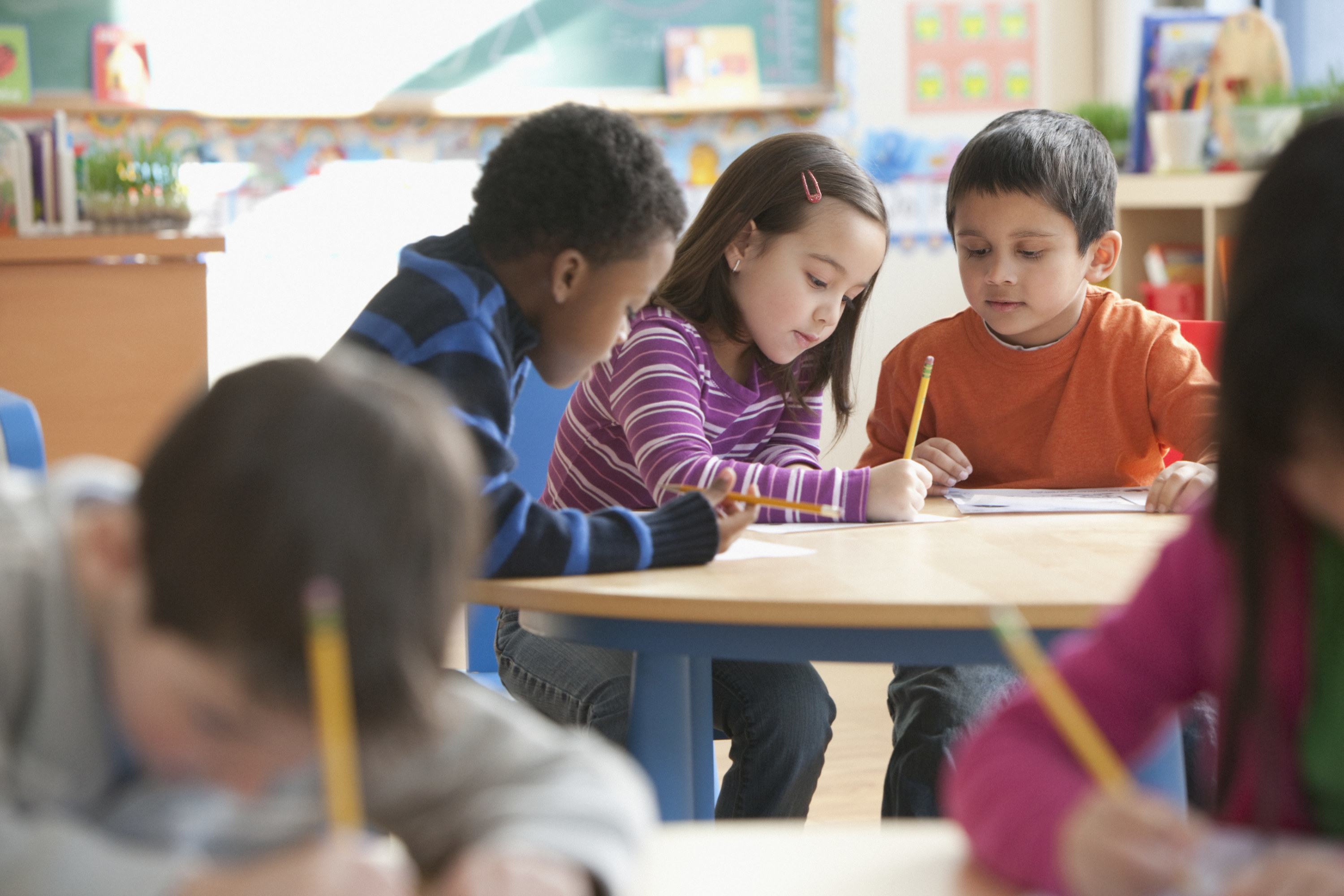
39. "I'm a high school teacher. When I first started, I tried so hard to stay out of the kids' 'drama' and just focus on teaching. I had a student who I liked, but I thought she was dramatic because she was often crying. Later, I found out that her stepdad was violent toward her as she protected her disabled brother, and CPS was removing her from her home. As a result, I basically instituted an 'If you're having a bad day, I have a quiet room to be alone' policy. If a student is upset, they know they can come in and ask or point to the closet, and they can sit in my closet with the door propped open and sleep or chill."
"They don't abuse it. A lot of them come out after a while and get back to work because they honestly just need a space where they can feel safe and maybe cry. There's no privacy in high schools, and sometimes, we all need to get it out and take a break." —raphaelahops
40. "I used to represent kids in the juvenile justice system. Sometimes, I'd help clients enroll back into school when they got out of jail. Most schools didn't want them and didn't hide it. I took one kid to tour a school, and I'll never forget it. He'd been through a lot and was a tough guy, but that whole tour, they were so awful to us. He kept shrinking closer to me until he was glued to my side. We couldn't get out of there fast enough. He cried in my car about how ‘they don't want me here, and I should just drop out.’ It broke my heart. This continued until our sixth school tour. There, the principal had clearly read the file I sent. She knew his name, came out to greet us, and showed us around. She was so welcoming and genuinely happy to help him get back into school. She kept up with him the whole time he was there, called me when he was struggling, and clearly cared. I don't know who cried more when he graduated, her or me."

41. "During student teaching, I learned to always love the kid no one likes extra hard. I had a student in my class that all teachers spoke ill of. He was 'never going to amount to anything.' All year, I went out of my way to treat him like he was super smart and capable of anything. I was the only class he ended up turning anything in for that year, and he really was brilliant. Students will generally rise to your expectations — whatever they are. So I always look for my outliers now, the ones who need someone to see them, fight for them, and believe in them, especially when no one else will."
"I also realized that when a student says their favorite hobby is sleeping, they aren't lazy like I used to assume. They are probably working a job to help put food on the table, and sleep is precious. I started pulling these students aside to customize assignments since they were carrying such a big load.
Also, I used to wonder what was wrong with a student until I started having parent-teacher conferences. Some kiddos have to overcome a lot just to show up to school every day." —Anonymous, North Carolina
42. "I’m a teacher in a pediatric behavioral/mental health program. I recently was sent a student whose file said he was threatening violence and eloping from the classroom. One day, he blew up because his black marker 'wasn't black enough.' We tried to reason with him, but he was really upset so we gave him space. He calmed down and returned, and things were fine. Days later, something was wrong with his lunch, so he announced he was going home. He walked out of the class and the building. We went after him, and he continued calmly explaining that his lunch was wrong, so he was going home. It was very matter-of-fact. Instead of yelling about safety and forcing him inside, we talked about how he didn't know the way home and might get lost. We suggested going back inside and seeing if his mom could bring a different lunch or pick him up. He willingly came back, got super into a project, and completely forgot about going home. He was on the spectrum. That was it."
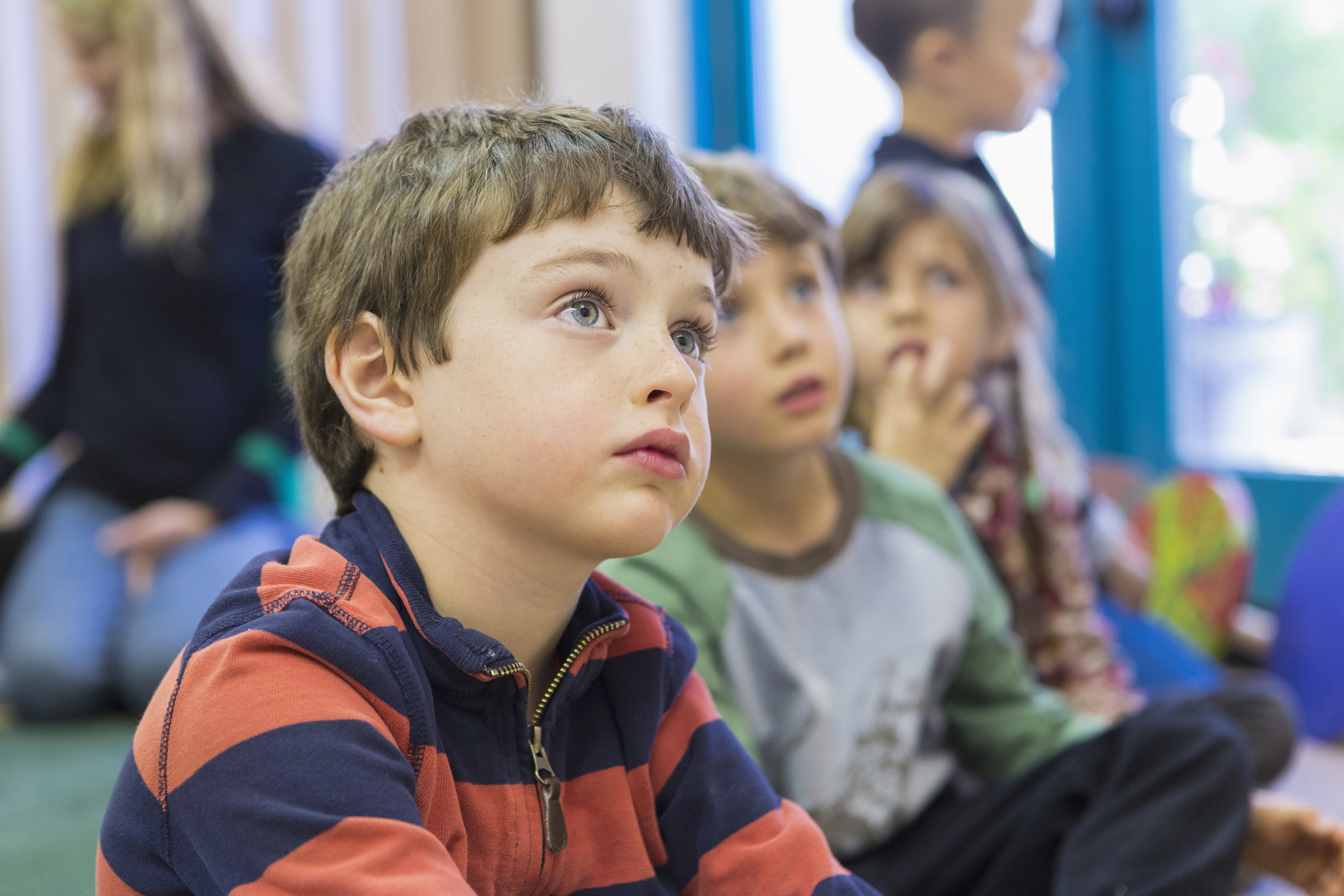
43. "I was a TA for an ethnographic course that included a lot of discussions. The students were insightful and had great participation grades; the issue was their papers. Many had 'improper' grammar. The professor and I were frustrated because we knew how smart these kids were, so he told me to hold meetings with each student to help them. Now, the papers were written in a narrative, storytelling style, so the students were writing about their own experiences in the first person. It then dawned on me that the majority of the students were Black, and the papers were grammatically correct in AAVE. I realized we were putting expectations on the students that didn’t match their personal experiences. So I brought it up with the professor and pointed out that books in the first person are usually written in the way the narrator naturally speaks and thinks. My professor agreed it was unfair and changed the way he graded, and we noticed a difference in students' confidence."
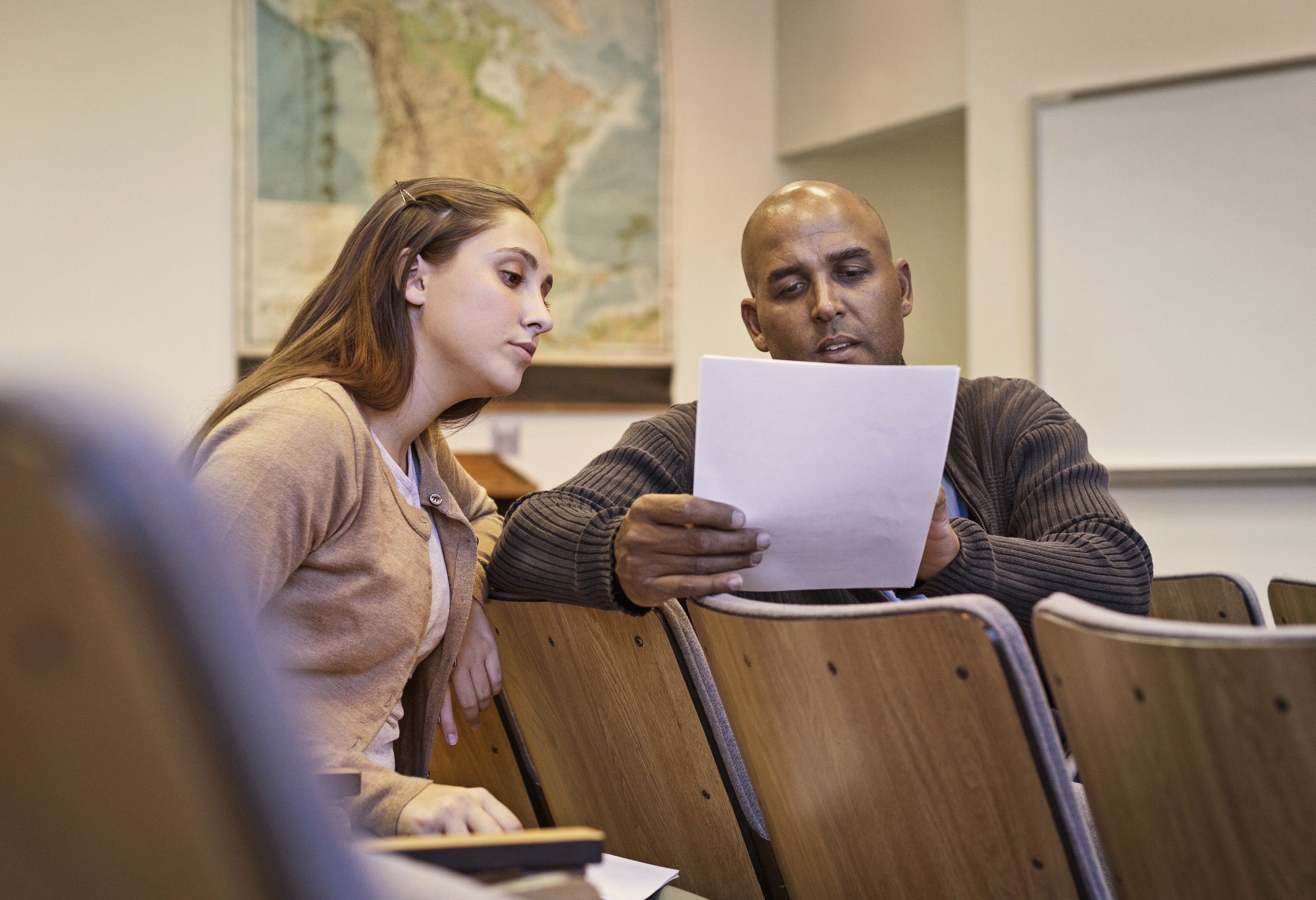
44. "Last year, during parent/teacher conferences, I was reviewing data of a student's reading progress. Unfortunately, he was about two years behind. I asked what kind of reading the child did at home. Their mom scoffed and said none. I was taken aback because I think reading is very important. She explained to me that she works 14 hours a day at a restaurant, and the student was doing his virtual learning in a booth. I didn't know that because he always had his camera off. She said she only has Sundays off and explained that that day was spent cleaning, doing laundry, and cooking. It really made me consider that not everyone shares my priorities."
"Of course, she wants what's best for her child, but she is in survival mode. This realization shook me, and I think about her often." —Anonymous, California
45. "I had a student in my second year of teaching who would often be disruptive, silly, and generally a pain much of the time. He often wanted and needed my attention, so I gave him a notebook and said he could write in it whenever he finished his independent work, and I would look at it when I wasn't teaching or giving directions. I was absolutely floored by some of his writing. He wrote about others wanting him to be tough but that wasn't what was in his heart, wanting to make better behavior choices, apologizing for his and his classmates acting out, and even asking if I read what he wrote. I assured him I did read it, and this became a dialogue journal where he could express himself and I could reinforce that I knew he was a good kid and that I believed in him and his capability to make good choices. Having this type of connection allowed me to level with him when issues came up, and I did see overall improvements in behavior."
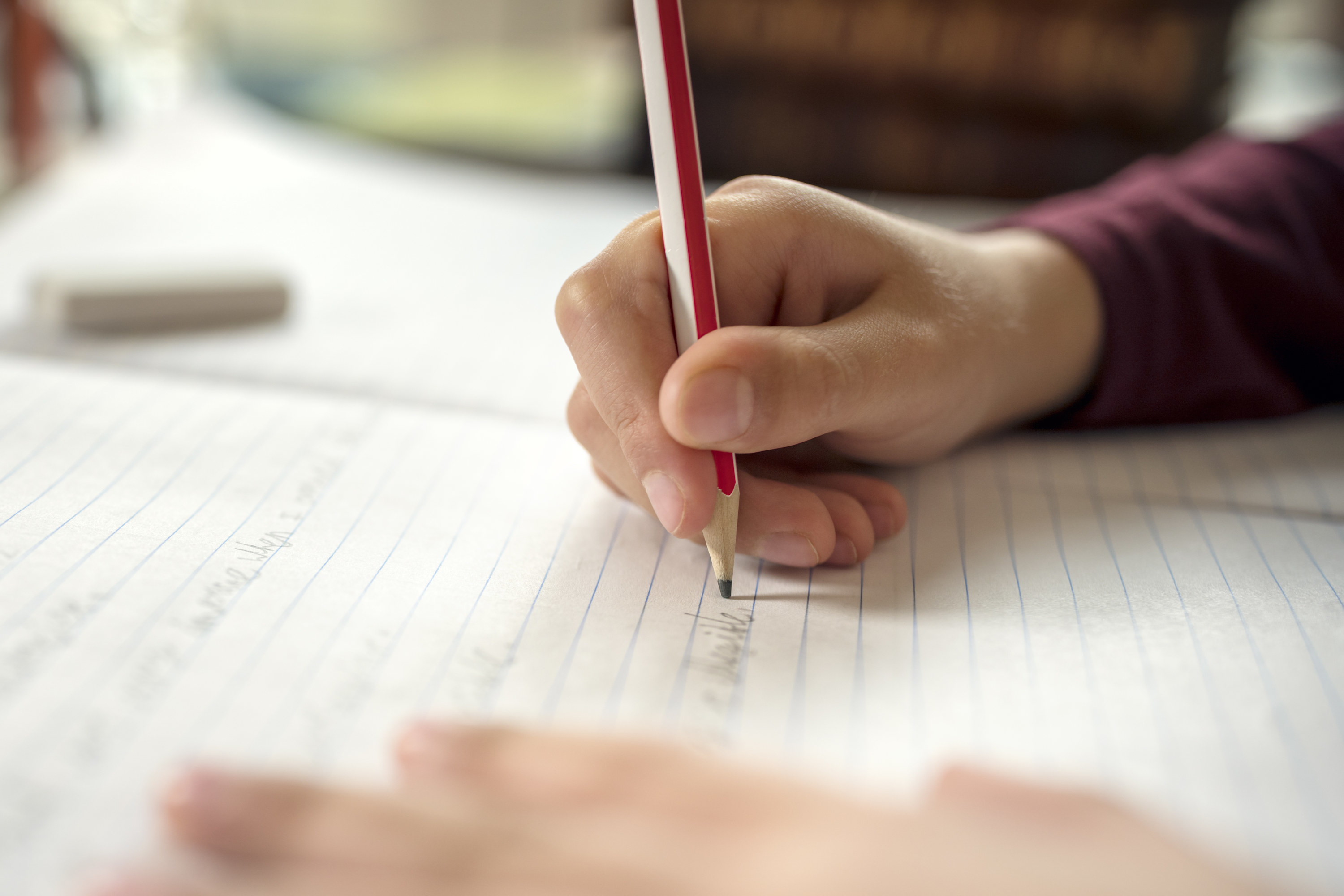
46. "I think the situation that changed how I teach the most falls under the category of empathy. It starts with really getting to know your kids. Mine are teenagers. Kids are working sometimes late at night and sleep in class. Understand why they are tired. I have had kids who had family members die of COVID. So have I. Love on them. I've had kids in the hospital. Go visit them. I have had students whose parents were murdered. Go to the wake, and love on them. Many of my kids have issues at home. Listen to them. As a teacher, I love my students like my own kids — praise when they do well, and disappointment when they misbehave. But I never give up on my kids."


